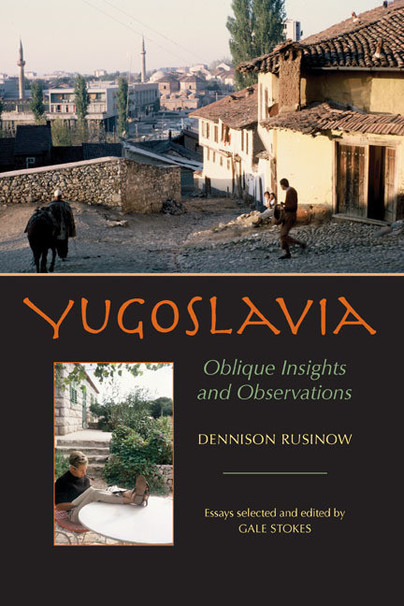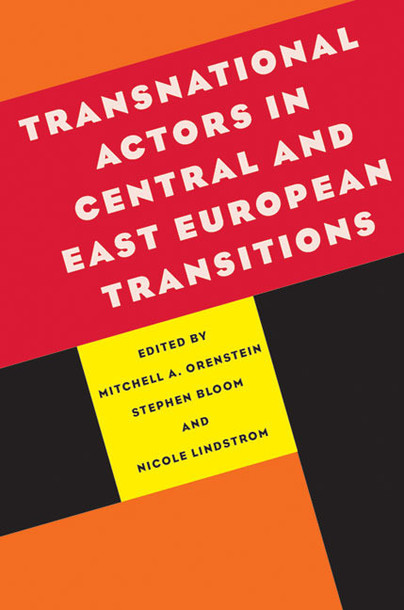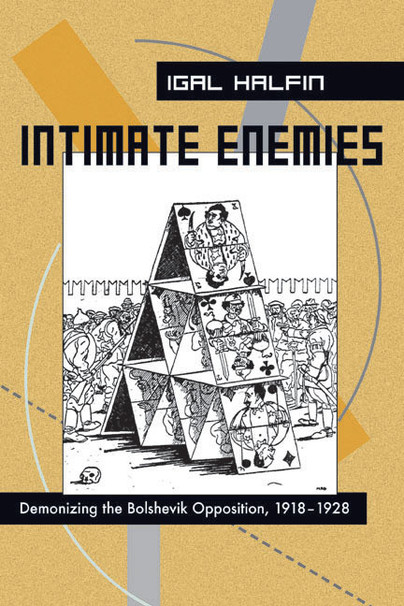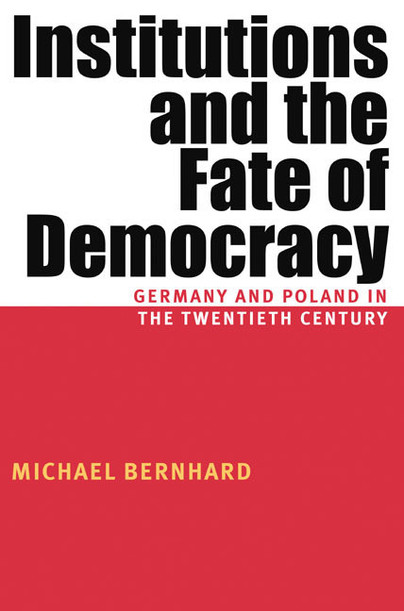Heralded by Soviet propaganda as the \u201cPath to the Future,\u201d the Baikal-Amur Mainline Railway (BAM) represented the hopes and dreams of Brezhnev and the Communist Party elite of the late Soviet era. Begun in 1974, and spanning approximately 2,000 miles after twenty-nine years of halting construction, the BAM project was intended to showcase the national unity, determination, skill, technology, and industrial might that Soviet socialism claimed to embody. More pragmatically, the Soviet leadership envisioned the BAM railway as a trade route to the Pacific, where markets for Soviet timber and petroleum would open up, and as an engine for the development of Siberia.
Despite these aspirations and the massive commitment of economic resources on its behalf, BAM proved to be a boondoggle-a symbol of late communism's dysfunctionality-and a cruel joke to many ordinary Soviet citizens. In reality, BAM was woefully bereft of quality materials and construction, and victimized by poor planning and an inferior workforce. Today, the railway is fully complete, but remains a symbol of the profligate spending and inefficiency that characterized the Brezhnev years.In Brezhnev's Folly, Christopher J. Ward provides a groundbreaking social history of the BAM railway project. He examines the recruitment of hundreds of thousands of workers from the diverse republics of the USSR and other socialist countries, and his extensive archival research and interviews with numerous project workers provide an inside look at the daily life of the BAM workforce. We see firsthand the disorganization, empty promises, dire living and working conditions, environmental damage, and acts of crime, segregation, and discrimination that constituted daily life during the project's construction. Thus, perhaps, we also see the final irony of BAM: that the most lasting legacy of this misguided effort to build Soviet socialism is to shed historical light on the profound ills afflicting a society in terminal decline.






